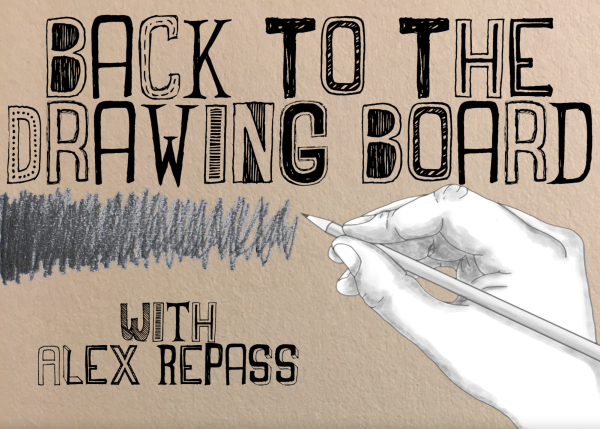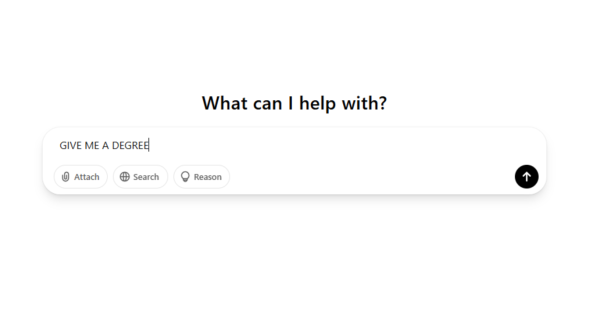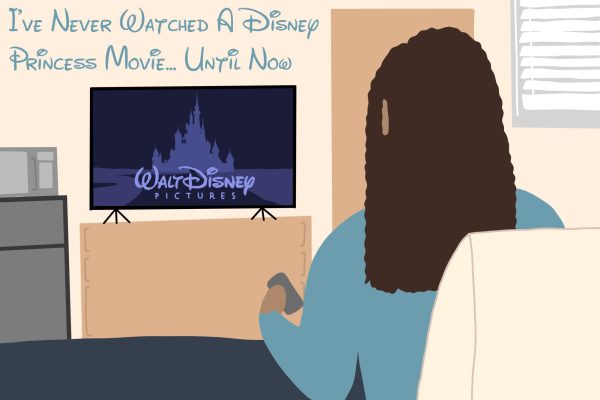Destigmatize male mental health
Courtesy of Nik Shuliahin | Unsplash
According to the National Alliance on Mental Illness, only 36.8% of U.S. adult males get treated for mental illness compared to 49.7% of females.
Be a man. Man up. Act like a man. If you are a male over the age of five, you have probably heard one or all of these expressions at some point in your life. Our society teaches us that, as a man, the only emotions you are allowed to feel are happiness and anger. Any emotion that does not fit into that extremely narrow margin is considered “unmanly.”
Punching a wall is more socially acceptable for a man than crying because boys don’t cry. Not only are these ideas antiquated and incorrect, but they are also extremely harmful to the mental health of men who have been raised with this mindset. It makes them incapable of being able to understand and express themselves, especially with other people.
According to a poll conducted by the National Center for Health Statistics (NCHS), nearly one in 10 men of the 21,000 polled reported experiencing depression or anxiety, yet less than half sought treatment. This is because they have been taught their whole life to “suck it up” and bury their emotions deep down and never talk about them, either by their parents, peers, TV and movies or society as a whole.
We are going through a cultural shift in the world, where traditional gender norms are going away, leaving room for more well-rounded individuals. Invariably, this has led to more men being comfortable with expressing feelings that 20 years ago would have them laughed at or looked down upon. This has also led to a change in what it means to be a man.
For centuries, being a man meant being strong, stoic, aggressive, loud and often violent. Tamping down your emotions does not make you strong. Hurting yourself to try and adhere to outdated stereotypes does not make you strong. True strength is letting yourself be vulnerable when you need to be. True strength is talking about your emotions, validating them and sharing them with others. Most of all, true strength is accepting help when you need it.
For any men who are reading this, I want to make something clear to you: it is OK not to be OK. It is OK to cry. It is OK to have anxiety. It is OK to have depression. It is OK to express your feelings. We are not our fathers’ generation. We do not need to self-sabotage to prove our “manliness.” You do not need to be ashamed of the fact that you are imperfect, also known as being human. Being born a male does not predispose you to be less affected by trauma or mental illness.
If you feel like you need help, you have every right to seek it out. It does not make you weak. It makes you strong. As motivational speaker and former Congressman Les Brown once said, “Ask for help. Not because you are weak, but because you want to remain strong.”

Luke Brennan is the Editor-in-Chief of The Hawks' Herald, previously serving as Managing Editor (2021-2022), Opinions Editor (2020-2021) and as a...






